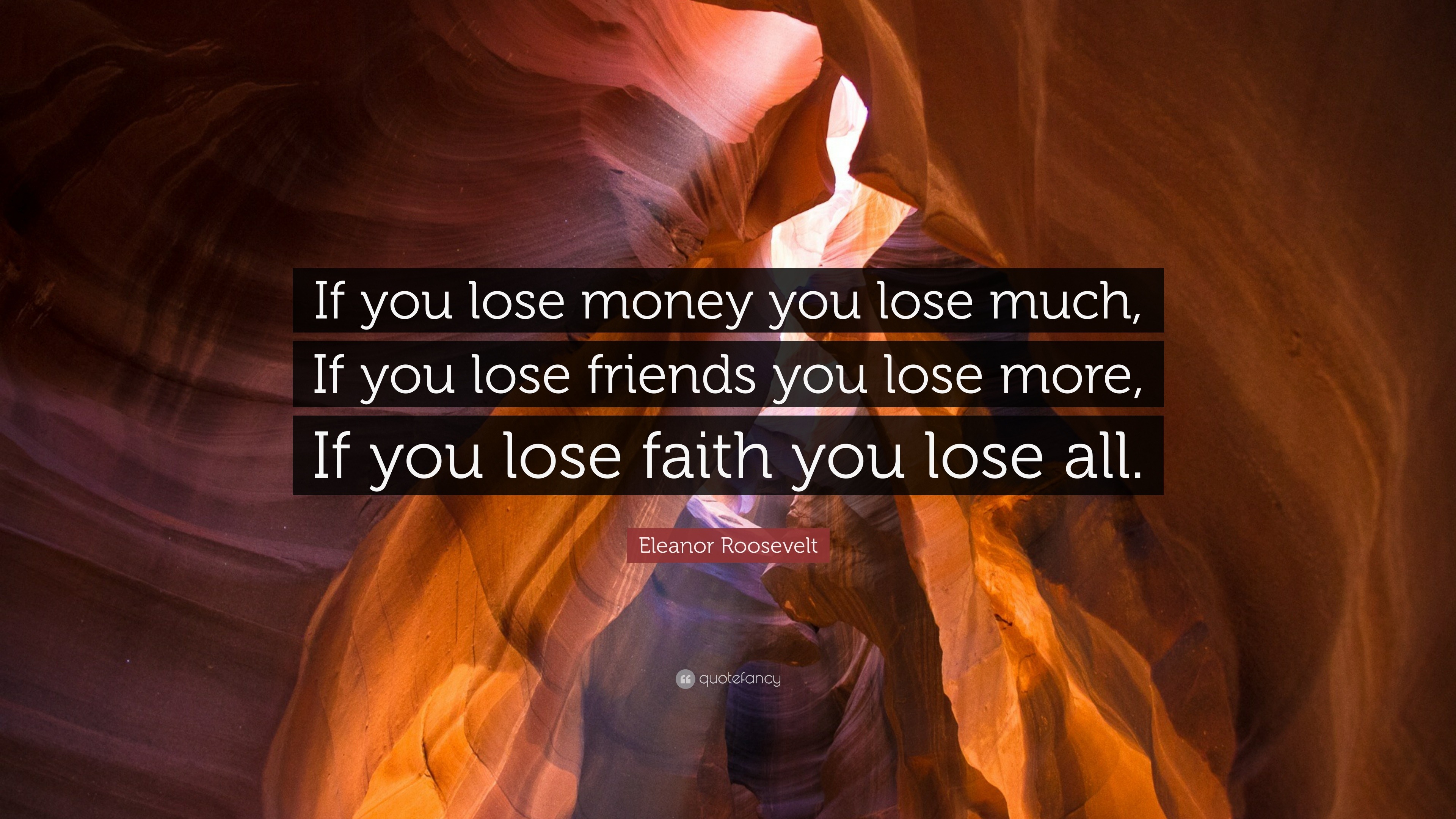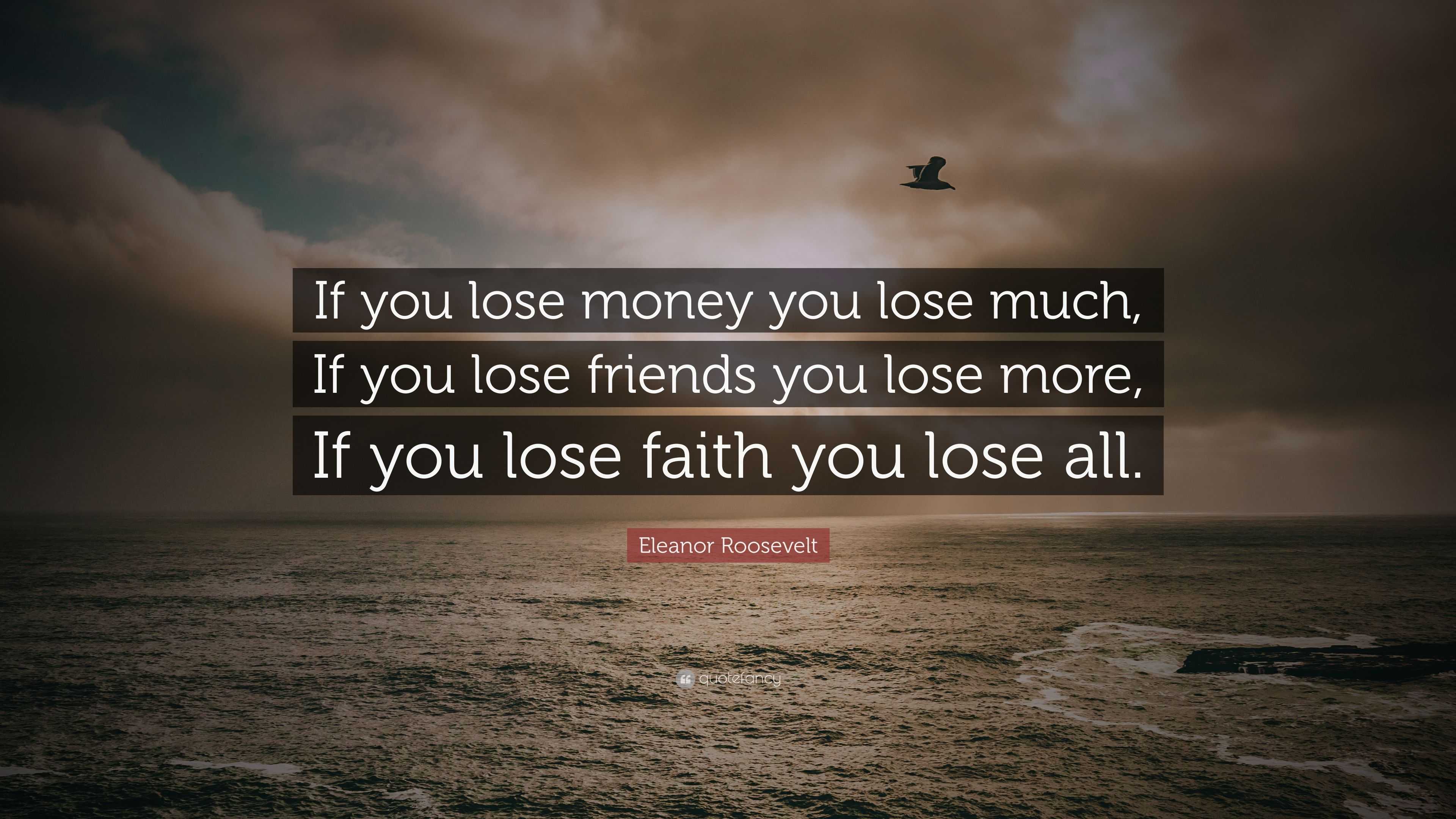If you lose, it might feel like the world is crumbling around you. Maybe you lost a competition, a job opportunity, or even a personal battle. But here's the thing—losing isn’t the end. It’s actually the beginning of something bigger. Losing can teach you lessons that winning never will. So, before you throw in the towel, let’s break this down and figure out how to turn that loss into a stepping stone for greatness.
Loss is a part of life, no matter how much we try to avoid it. Whether it’s a small setback or a major blow, everyone experiences it at some point. The key is how you respond. Do you wallow in self-pity, or do you rise up stronger? If you choose the latter, you’re already on the right track. This article will guide you through the mindset shift needed to turn losing into winning.
Now, don’t get me wrong—losing sucks. It’s not fun, and it can be embarrassing. But guess what? Some of the most successful people in history have failed miserably before they made it big. So, if you lose, take a deep breath, dust yourself off, and keep reading because we’re about to uncover the secrets of bouncing back.
Read also:Gypsy Rose Blanchard Boyfriends A Journey Through Her Complicated Relationships
Table of Contents
- Understanding What It Means If You Lose
- The Power of Resilience
- Shifting Your Mindset After a Loss
- What You Can Learn If You Lose
- Real-Life Examples of People Who Lost and Won
- Strategies to Handle Loss Effectively
- Taking Care of Your Mental Health
- Building a Strong Support System
- The Art of Making a Comeback
- Final Thoughts on Losing and Winning
Understanding What It Means If You Lose
If you lose, it’s important to first understand what that really means. Losing doesn’t define you—it’s just an event in your life. Many people associate losing with failure, but they’re not the same thing. Failure is giving up after a loss. Losing, on the other hand, is just a temporary setback that can lead to growth.
Think about it this way: every loss is a lesson waiting to be learned. You’re not alone in this either. Statistics show that 80% of successful entrepreneurs experienced significant failures before achieving success. So, if you lose, remember that you’re in good company.
Why Losing is Important
Here’s the kicker—if you never lose, you’re probably not pushing yourself hard enough. Losing forces you to evaluate your strategies, improve your skills, and develop a thicker skin. It’s like working out your mental muscles. The more you lose, the stronger you become.
- Losing helps you identify weaknesses.
- It builds character and resilience.
- It encourages you to think outside the box.
The Power of Resilience
If you lose, resilience is your best friend. Resilience is the ability to bounce back from adversity, and it’s a skill that can be developed over time. Studies show that resilient individuals are more likely to succeed after a setback because they focus on solutions rather than problems.
How to Build Resilience
Building resilience starts with changing your perspective. Instead of seeing losing as the end, view it as a challenge to overcome. Here are a few tips:
- Practice gratitude by focusing on what you’ve gained from the experience.
- Surround yourself with positive influences who believe in your potential.
- Stay physically active to boost your mood and energy levels.
Shifting Your Mindset After a Loss
Your mindset plays a huge role in how you handle losing. If you lose with a fixed mindset, you’ll see it as a permanent defeat. But if you adopt a growth mindset, you’ll view it as an opportunity to learn and grow.
Read also:Unveiling The Charismatic World Of James Darren Evy Norlund
According to research by Dr. Carol Dweck, individuals with a growth mindset are more likely to persevere after setbacks. They believe that their abilities can be developed through effort and learning.
Key Traits of a Growth Mindset
- Embracing challenges instead of avoiding them.
- Learning from criticism rather than ignoring it.
- Finding inspiration in the success of others.
What You Can Learn If You Lose
If you lose, don’t waste the opportunity to learn. Every loss is packed with valuable lessons that can help you improve. For instance, you might realize that your strategy was flawed, or that you need to work on your communication skills.
Studies show that people who reflect on their losses are more likely to succeed in the future. Take a moment to analyze what went wrong and how you can fix it. Write it down if you need to—it’s like creating a roadmap for your next attempt.
Common Lessons from Losing
- Identifying areas for improvement.
- Understanding the importance of preparation.
- Recognizing the value of teamwork and collaboration.
Real-Life Examples of People Who Lost and Won
History is full of examples of people who lost but came back stronger. Take Michael Jordan, for instance. He didn’t make his high school basketball team, but he used that rejection as fuel to become one of the greatest players of all time.
Or consider J.K. Rowling, who faced numerous rejections before publishing Harry Potter. She once said, “It is impossible to live without failing at something, unless you live so cautiously that you might as well not have lived at all.”
What These Stories Teach Us
These stories remind us that losing is not the end. It’s a stepping stone to something greater. If you lose, take inspiration from these legends and keep pushing forward.
Strategies to Handle Loss Effectively
If you lose, having a solid plan can make all the difference. Here are some strategies to help you cope with the setback:
Step 1: Accept the Loss
Acceptance is the first step toward recovery. Don’t dwell on what could’ve been—focus on what you can do next. Acceptance doesn’t mean giving up; it means acknowledging the situation so you can move forward.
Step 2: Reflect and Learn
Take some time to reflect on what happened. What went wrong? What could you have done differently? Write down your thoughts and create a plan for improvement.
Step 3: Seek Support
Don’t be afraid to lean on friends, family, or mentors. Sometimes, talking about your loss can provide clarity and motivation. Plus, it’s always nice to know you’re not alone.
Taking Care of Your Mental Health
If you lose, your mental health should be a top priority. Losing can be emotionally draining, so it’s important to take care of yourself. Practice self-care by doing things that make you happy, whether it’s exercising, meditating, or spending time with loved ones.
Research shows that mindfulness practices like meditation and journaling can help reduce stress and improve mental clarity. If you’re feeling overwhelmed, consider reaching out to a therapist or counselor for support.
Building a Strong Support System
No one succeeds alone, and the same goes for handling loss. Building a strong support system can make a huge difference in how you cope with setbacks. Surround yourself with people who believe in you and encourage you to keep going.
How to Build a Support System
- Connect with like-minded individuals who share your goals.
- Join communities or groups where you can exchange ideas and support.
- Seek mentorship from someone who has faced similar challenges.
The Art of Making a Comeback
If you lose, don’t forget that comebacks are real. Some of the most inspiring stories in history are about people who made incredible comebacks after major losses. The key is to stay focused and persistent.
According to a study by the Harvard Business Review, individuals who maintain a long-term perspective are more likely to succeed after a setback. They focus on their ultimate goals rather than getting bogged down by short-term failures.
Tips for a Successful Comeback
- Set clear, achievable goals for your comeback.
- Stay consistent and disciplined in your efforts.
- Celebrate small wins along the way to keep motivation high.
Final Thoughts on Losing and Winning
If you lose, remember this: it’s not the end of the road. It’s just a bump in the journey. Losing can teach you valuable lessons, build resilience, and pave the way for future success. So, instead of dwelling on the loss, focus on what you can gain from it.
Take inspiration from the stories of those who have faced failure and come out stronger. Build a strong support system, take care of your mental health, and stay persistent in your efforts. With the right mindset and strategies, you can turn any loss into a victory.
Now, it’s your turn. Share your thoughts in the comments below. Have you ever experienced a major loss and come back stronger? What strategies worked for you? Let’s keep the conversation going and help each other grow.


